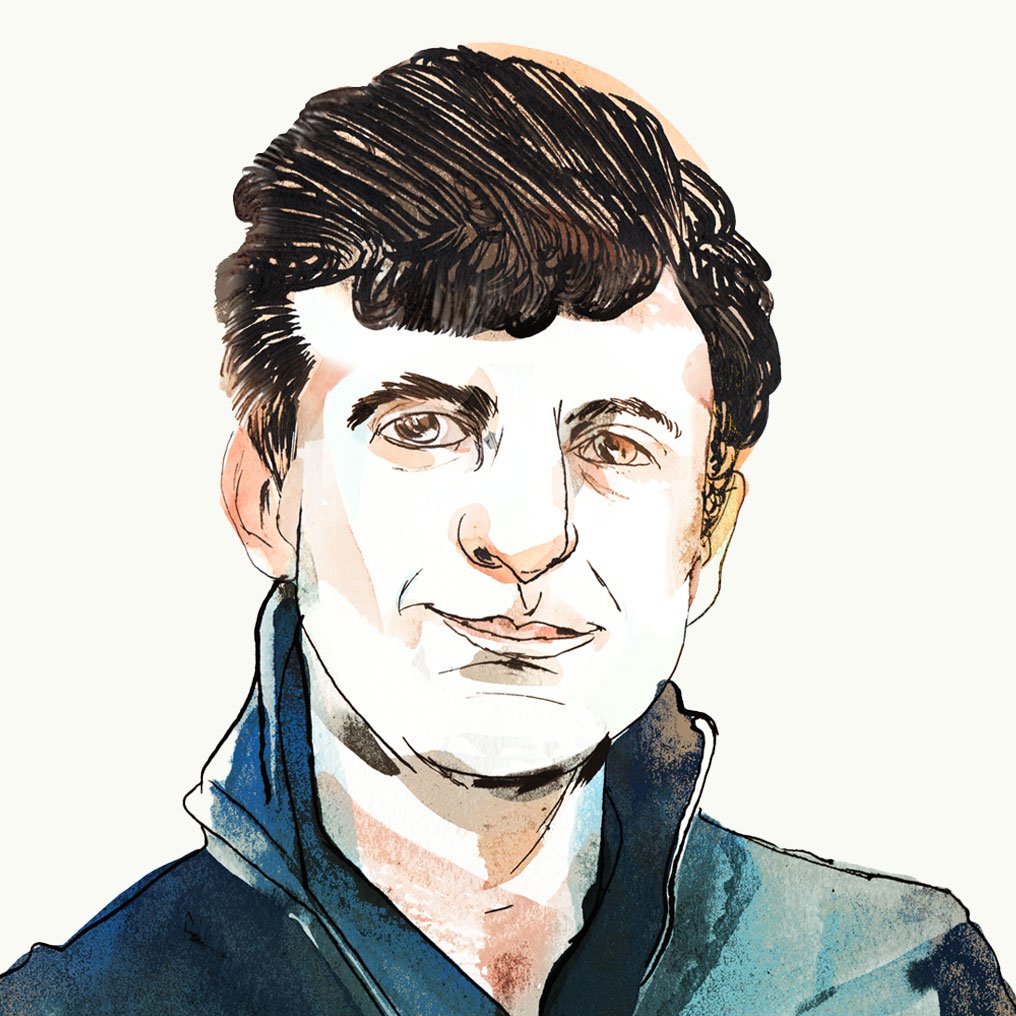This column is an appeal to poets—and to aphorists, headline-writers, comedians, songwriters, meme-makers, philosophers and anyone with a skill for verbal invention. We need a word for the Thing.
The Thing is recognizable by its character—menacing, intellectually incurious, and ready to use brute force—and best defined by example. When a Girl Guides leader is fired because she’s not sure a transgender policy has enough safeguards, the Thing is at work. When the authorities hesitate to look into rape gangs from certain communities “for fear of being seen as racist” (in the words of a government inquiry), what they fear is the Thing. Sometimes the Thing intervenes in national policy: A decade ago U.K. adoption agencies were shut down if they declined to place children with same-sex couples.
The Thing also spends time in the U.S. The firing of Brendan Eich from Mozilla, of James Damore from Google, and of Ian Buruma from The New York Review of Books all showed signs of its handiwork.
The Thing’s victims are not all heroic martyrs, and the Thing itself has its uses. Ethnic minorities and those with gender dysphoria, for instance, face prejudice and sometimes violence; the Thing can nudge people toward being more accepting. But more often the Thing does not nudge. It tramples, pummels, and rages. It can’t be reasoned with. And it is only satisfied with victory, preferably the wild justice of bringing its target into unemployment or disgrace.
The reader may wonder why a new word is needed. Isn’t this just political correctness? But “political correctness” is a boring phrase, and who wants to be against correctness, anyway? “Identity politics” is better, and is a helpful term in other contexts, but there are many kinds of identity politics, some of them more peaceable than others. And the Thing is not really a kind of politics so much as a style of bullying.
People have tried defining the Thing as “authoritarianism,” “Stalinism,” “Orwellianism,” and “Cultural Revolution.” But all these, apart from sounding melodramatic next to the histories they invoke, misrepresent how the Thing works: not through the state bureaucracy, but through social networks that have only recently come into being. “Censorship” and “McCarthyism” are similarly dated.
Others suggest “illiberalism.” Whereas liberals, we are told, prefer an open discussion in which weak ideas are exposed, illiberalism shuts down the conversation. The trouble is that, on an equally coherent and frankly more interesting account, the Thing is really the child of liberalism—a political tradition driven by endlessly renewed aggression against the enemies of “progress.”
While this debate continues, neither “liberalism” nor “illiberalism” will work as a description. Perhaps, then, we should think in terms of individuals rather than ideologies, and talk about “Social Justice Warriors” or “snowflakes”?
But it’s difficult to utter either of these without wincing. Complaining that other people are “warriors” sounds a bit pathetic, especially if they are making war for something as obviously desirable as social justice. “Snowflakes” does capture an important point: that strong feelings are an unreliable guide to truth. But those who support, say, campus no-platform policies are not always fragile beings who would melt at a touch of sunshine; they are often hard-nosed, highly competent organizers, which is how they end up in student government.
There’s something distasteful, too, about the way “snowflake” is applied to the “coddled” younger generation. Today’s students have debt behind them and the rat race ahead of them, in an environment seemingly designed to reinforce anxiety and mental illness. For tenured professors and successful commentators to tell young people that what they are suffering from is…too much emotional vulnerability, is not a good look.
Even “the Thing” may have too much history to be useful. Two centuries ago William Cobbett used it to describe the economic system which had ruined poor communities and stuffed the pockets of the wealthy. Readers of Cobbett have understood “the Thing” to refer to several related things: the management of the national debt, political corruption, inequality, urbanization, the “Establishment,” official hypocrisy, enclosure, usury, profiteering, oppression, hunger. It was a phenomenon so vast that Cobbett was reduced to attacking “The THING (I do not know what to call it).”
Appropriately, the word has more recently been used as the title of a horror film in which an extra-terrestrial parasite takes control of its victims’ bodies. Cobbett’s Thing is both inside and outside us: It is made up of human cynicism and stupidity, but it drags individuals along with it.
Since Cobbett’s time, a whole vocabulary has emerged for his concerns: capitalism, industrialism, urban sprawl, neoliberalism, financialization, globalization. Whatever the individual drawbacks of these terms, they have all helped to bring the Thing into focus.
Today’s Thing is a less complex and less important beast than what Cobbett was talking about, but it still needs to be studied and defined. If we can’t find a word for it, we have scarcely begun to understand it.
Dan Hitchens is deputy editor at The Catholic Herald.
Become a fan of First Things on Facebook, subscribe to First Things via RSS, and follow First Things on Twitter.
In the Footsteps of Aeneas
Gian Lorenzo Bernini had only just turned twenty when he finished his sculpture of Aeneas, the mythical…
The Clash Within Western Civilization
The Trump administration’s National Security Strategy (NSS) was released in early December. It generated an unusual amount…
Fanning the Flames in Minnesota
A lawyer friend who defends cops in use-of-force cases cautioned me not to draw conclusions about the…


